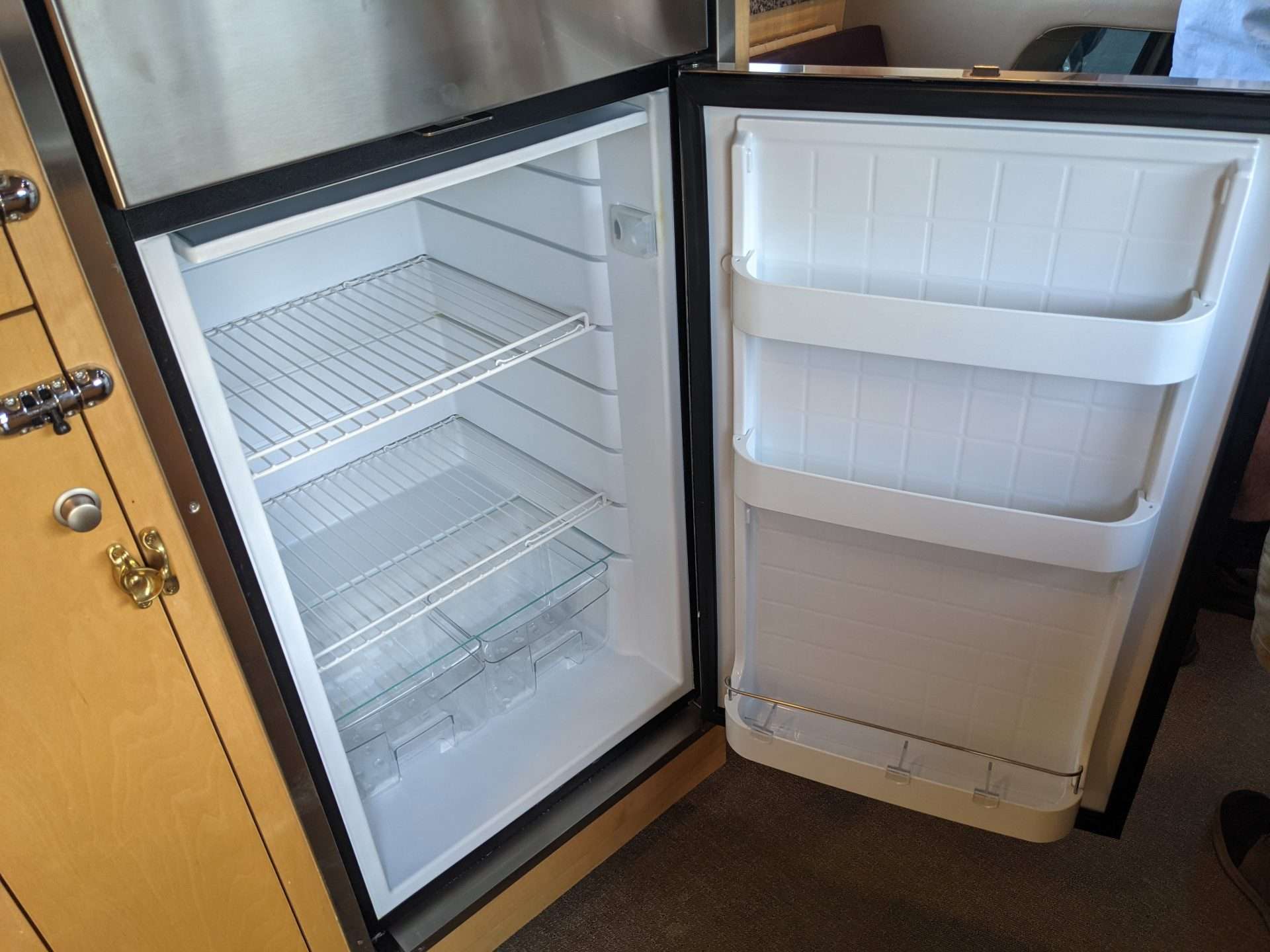

Articles
How Does Propane Refrigerator Work
Modified: January 18, 2024
Learn how propane refrigerators work and discover the benefits of using propane as a cooling agent. Read our informative articles on propane refrigeration systems.
(Many of the links in this article redirect to a specific reviewed product. Your purchase of these products through affiliate links helps to generate commission for Storables.com, at no extra cost. Learn more)
Introduction
A propane refrigerator is a reliable and efficient alternative to electric refrigerators, especially in areas where electrical power supply is limited or unreliable. These specialized refrigerators use propane gas as the primary energy source for cooling, making them ideal for off-grid living, camping, recreational vehicles, and remote locations.
In this article, we’ll take a closer look at how propane refrigerators work, their components, and the benefits they offer. We’ll also provide some maintenance and safety tips to help you get the most out of your propane refrigerator.
So, let’s dive in and explore the fascinating world of propane refrigeration.
Key Takeaways:
- Propane refrigerators operate on the absorption refrigeration principle, using a combination of heat, water, ammonia, and propane gas to create a reliable and energy-efficient cooling system without the need for electricity.
- The benefits of using propane refrigerators include off-grid capability, energy efficiency, silent operation, and versatility, making them an ideal choice for off-grid living, camping, recreational vehicles, and remote locations.
Read more: How Does A Propane Fire Pit Work
Understanding Propane Refrigerators
A propane refrigerator operates on the principle of absorption refrigeration, which is different from the compression refrigeration system commonly used in electric refrigerators. This unique technology allows the refrigerator to function without the need for any moving parts or electricity, making it highly reliable and energy-efficient.
Unlike traditional refrigerators that use compressors to circulate refrigerant gases, propane refrigerators use a combination of water, ammonia, and hydrogen gas. These substances work together to create a cooling effect within the refrigerator.
The cooling process begins when propane gas from the supply tanks enters the refrigerator’s burner assembly. The burner ignites the propane gas, producing a controlled flame. The heat generated by the flame is then used to warm up a mixture of water and ammonia in the refrigerator’s evaporator chamber.
The heated mixture in the evaporator chamber causes the ammonia to evaporate, separating it from the water. As the ammonia gas rises, it enters the condenser coils located outside the refrigerator. These coils are exposed to outside air or water, which helps cool down the ammonia gas, causing it to condense back into a liquid state.
Next, the liquid ammonia flows down into the absorber, where it combines with a weak ammonia solution. This solution contains water and a small amount of ammonia. The liquid ammonia reacts with the weak ammonia solution, forming a stronger ammonia solution.
The stronger ammonia solution then flows into the generator. Here, heat is applied to the solution, causing the ammonia to evaporate once again and separate from the water. The now gaseous ammonia rises and returns to the evaporator chamber, restarting the cycle.
This continuous cycle of evaporation, condensation, and absorption allows the propane refrigerator to maintain a cool temperature inside the refrigerator compartment, keeping your food and beverages fresh and preserved.
Components of a Propane Refrigerator
A propane refrigerator consists of various components that work together to provide efficient cooling. Let’s take a closer look at the key components of a propane refrigerator:
- Burner Assembly: This is where the propane gas is ignited to produce a controlled flame, providing the necessary heat for the refrigeration process.
- Evaporator Chamber: This chamber contains a mixture of water and ammonia. The heat from the burner assembly causes the ammonia to evaporate, creating a cooling effect.
- Condenser Coils: Located outside the refrigerator, these coils are responsible for cooling down the ammonia gas, causing it to condense back into a liquid state. They are often exposed to outside air or water to aid in the cooling process.
- Absorber: The absorber contains a weak ammonia solution that combines with the liquid ammonia coming from the condenser. This reaction forms a stronger ammonia solution for the continuous cycle of absorption and evaporation.
- Generator: The generator is where heat is applied to the stronger ammonia solution from the absorber. This heat causes the ammonia to evaporate once again, separating it from the water and allowing it to circulate back to the evaporator chamber.
- Thermostat: The thermostat is responsible for regulating the temperature inside the refrigerator. It senses the temperature and signals the control system to adjust the flow of propane gas and control the refrigeration cycle accordingly.
- Control System: The control system manages the overall operation of the propane refrigerator. It monitors the temperature, controls the burner assembly, and ensures the proper functioning of all components.
- Insulation: Insulation plays a crucial role in a propane refrigerator by minimizing heat transfer to the outside environment, ensuring optimal cooling efficiency and conservation of energy.
- Refrigerator Compartment: This is where you store your food and beverages. It is designed with shelves and compartments to organize and keep your items cool and fresh.
- Propane Supply System: The propane supply system consists of propane tanks, valves, and regulators. It delivers the propane gas to the burner assembly, providing the fuel needed for the refrigeration process.
These various components work harmoniously to create a reliable and efficient cooling system in a propane refrigerator. Understanding each component’s role is essential for proper maintenance and troubleshooting when necessary.
Working Principle of Propane Refrigerators
The working principle of a propane refrigerator is based on the process of absorption refrigeration. Unlike electrical refrigerators that rely on compressors and refrigerant gases, propane refrigerators utilize a combination of heat, water, ammonia, and hydrogen gas to create a cooling effect.
The working principle can be summarized in the following steps:
- Propane Combustion: The propane gas from the supply tanks enters the burner assembly of the refrigerator. It is ignited to produce a controlled flame, which generates the heat necessary for the refrigeration process.
- Ammonia Evaporation: The heat from the burner causes a mixture of water and ammonia in the evaporator chamber to heat up. As a result, the ammonia evaporates and separates from the water, becoming a gaseous form.
- Ammonia Condensation: The gaseous ammonia rises and enters the condenser coils, which are located outside the refrigerator. These coils are exposed to outside air or water, which helps in cooling down the ammonia gas. As a result, the ammonia condenses back into a liquid state.
- Ammonia Absorption: The liquid ammonia flows down into the absorber, where it combines with a weak ammonia solution. This solution contains water and a small amount of ammonia. The liquid ammonia reacts with the weak solution, creating a stronger ammonia solution.
- Ammonia Evaporation (Again): The stronger ammonia solution then enters the generator, where heat is applied. This causes the ammonia to evaporate once again, separating it from the water and increasing its concentration. The now gaseous ammonia rises and returns to the evaporator chamber, restarting the cycle.
By continuously repeating this cycle of evaporation, condensation, and absorption, a propane refrigerator is able to create and maintain a cool temperature inside the refrigerator compartment. This allows your food and beverages to stay fresh and preserved.
It is important to note that the heat required for the refrigeration process is supplied by burning propane gas. The efficiency of the propane refrigerator is dependent on the proper functioning of all the components and the availability of a steady supply of propane gas.
Understanding the working principle of a propane refrigerator helps users appreciate its unique technology and enables them to troubleshoot any issues that may arise. It also highlights the energy-efficient nature of absorption refrigeration, making propane refrigerators a reliable alternative in areas with limited or unreliable electric power supply.
Propane Refrigeration Cycle
The propane refrigeration cycle is the series of processes that occur in a propane refrigerator to achieve cooling. It involves the continuous circulation and transformation of ammonia, water, and propane gas. Understanding this cycle is key to grasping how a propane refrigerator works. Let’s dive into the details:
- Evaporation: The cycle begins with the evaporation of a mixture of water and ammonia in the evaporator chamber. This mixture is heated by the propane burner, causing the ammonia to evaporate and separate from the water. The gaseous ammonia rises and moves to the next step of the cycle.
- Condensation: The gaseous ammonia enters the condenser coils, which are located outside the refrigerator. These coils are exposed to outside air or water, and as a result, the ammonia gas cools down and condenses back into a liquid state. This liquid ammonia now moves on to the next phase.
- Absorption: The liquid ammonia flows down into the absorber, where it combines with a weak ammonia solution. This weak solution consists of water and a small amount of ammonia. The liquid ammonia reacts with the weak solution, forming a stronger ammonia solution.
- Generation: The stronger ammonia solution then moves to the generator, where heat is applied. This heat causes the ammonia to evaporate once again, separating it from the water and increasing its concentration. The now gaseous ammonia rises and returns to the evaporator chamber, completing the cycle.
This continuous cycle of evaporation, condensation, absorption, and generation allows the propane refrigerator to maintain a cool temperature inside the refrigerator compartment. It essentially captures heat from the burner to evaporate ammonia, which is then condensed and absorbed into a solution, generating a cooling effect. This process is driven by propane gas and does not require electricity, making propane refrigerators an excellent choice for off-grid and remote locations.
The efficiency of the propane refrigeration cycle depends on the proper functioning of all the components and the availability of a steady supply of propane gas. It is essential to ensure regular maintenance and monitor propane levels to ensure optimal performance.
Overall, the propane refrigeration cycle is a fascinating process that demonstrates the ingenuity behind absorption refrigeration technology. It allows propane refrigerators to provide reliable cooling without the need for electricity, offering a practical and energy-efficient solution for keeping your food and beverages cold and fresh.
When using a propane refrigerator, make sure to keep the ventilation system clear to prevent any potential safety hazards. Regularly check and clean the burner and flue to ensure efficient operation.
Read more: How Does A Refrigerator Compressor Work
Benefits of Using Propane Refrigerators
Propane refrigerators offer several benefits that make them a popular choice for off-grid living, camping, recreational vehicles, and remote locations. Let’s explore the advantages of using propane refrigerators:
- Off-Grid Capability: One of the primary advantages of propane refrigerators is their ability to operate without relying on electricity. This makes them ideal for areas with limited or unreliable electrical power supply. Whether you’re living off-grid or enjoying outdoor adventures, propane refrigerators provide a reliable cooling solution.
- Energy Efficiency: Propane refrigerators are known for their energy efficiency. Unlike traditional electric refrigerators that consume a significant amount of electricity, propane refrigerators use propane gas as their primary energy source. This results in lower energy consumption, making them a cost-effective cooling option.
- No Moving Parts: Propane refrigerators operate on the absorption refrigeration principle, which means they have no moving parts like compressors or fans. This not only increases their reliability but also reduces the chances of mechanical failures, leading to longer lifespan and lower maintenance requirements.
- Silent Operation: Since propane refrigerators don’t have compressors or fans, they operate silently. This makes them ideal for environments where noise can be a concern, such as in campsites or off-grid cabins.
- Versatility: Propane refrigerators are versatile, as they can be used in a variety of settings. Whether you’re camping, boating, living in an RV, or having a cabin in a remote area, a propane refrigerator can provide the cooling capabilities you need.
- Consistent Cooling: Propane refrigerators offer consistent cooling performance. Once set to the desired temperature, they maintain a stable and reliable cooling environment, ensuring your perishable items stay fresh for longer periods of time.
- Fewer Environmental Impacts: Propane is a cleaner-burning fuel compared to other sources of energy. When compared to electric refrigerators, propane refrigerators have a lower carbon footprint, contributing to reduced environmental impacts.
- Emergency Preparedness: Propane refrigerators are a practical option for emergency preparedness. In situations where power outages occur, a propane refrigerator can continue to provide cooling capabilities to preserve food and other perishable items.
Propane refrigerators offer a reliable and efficient cooling solution in various scenarios where electricity may not be readily available or reliable. Their energy efficiency, durability, and versatile operation make them a valuable asset for those seeking off-grid living or enjoying outdoor adventures.
Maintenance and Care Tips for Propane Refrigerators
Proper maintenance and care are essential to ensure the efficient and reliable operation of your propane refrigerator. By following these tips, you can extend its lifespan and keep it running smoothly:
- Clean the Coils: Regularly clean the condenser coils located outside the refrigerator to remove dust, dirt, and debris. This helps maintain optimal airflow and cooling efficiency.
- Check the Vents: Ensure that the vents on the refrigerator are clear and free from obstructions. Blocked vents can restrict airflow and lead to inefficient cooling.
- Keep the Burner Clean: Inspect and clean the burner assembly periodically to remove any dirt, soot, or debris that may affect the propane combustion process. A clean burner improves efficiency and reduces the risk of malfunctions.
- Inspect the Propane System: Regularly inspect the propane supply system, including tanks, valves, and regulators, for any signs of damage or leaks. Address any issues promptly and have the system serviced by a qualified professional if necessary.
- Level the Refrigerator: Ensure that your propane refrigerator is level to facilitate proper operation. An unlevel refrigerator can lead to cooling inefficiencies and potential damage to the internal components.
- Check the Thermostat: Monitor the thermostat regularly to ensure that it is functioning correctly and maintaining the desired temperature. If you notice any inconsistencies, consider adjusting or replacing the thermostat as needed.
- Inspect the Seals: Check the door seals of the refrigerator for any signs of wear or damage. Replace worn-out seals to prevent cool air leakage and maintain optimal cooling efficiency.
- Keep the Interior Clean: Regularly clean the interior of the refrigerator, including shelves and compartments, to remove spills, food debris, and odors. A clean interior promotes better hygiene and prevents bacteria growth.
- Monitor Propane Levels: Keep an eye on your propane supply levels to ensure uninterrupted operation. Regularly refill or replace propane tanks as needed to ensure continuous cooling.
- Follow Safety Guidelines: Familiarize yourself with safety guidelines for operating and maintaining a propane refrigerator. This includes proper ventilation, safe handling of propane, and awareness of potential hazards.
By following these maintenance and care tips, you can enhance the performance and longevity of your propane refrigerator. Regular inspections, cleanings, and addressing any issues promptly will help ensure that your refrigerator operates efficiently, keeping your food and beverages cool and fresh.
Safety Precautions with Propane Refrigerators
While propane refrigerators are generally safe to use, it is important to take certain safety precautions to ensure the well-being of yourself and others. Follow these guidelines to maintain a safe environment when operating a propane refrigerator:
- Proper Ventilation: Ensure that your propane refrigerator is installed in a well-ventilated area. Proper ventilation allows for the safe dispersal of any propane fumes that may be emitted during operation.
- Regular Inspections: Regularly inspect the propane supply system for any signs of damage, leaks, or corrosion. A professional inspection is recommended to ensure the system is functioning properly and safely.
- Fire Safety: Install a fire extinguisher nearby in case of emergencies. Familiarize yourself with how to operate the extinguisher effectively and keep it easily accessible at all times.
- Keep Flammable Items Away: Avoid storing flammable materials, such as cleaning fluids or gasoline, near the propane refrigerator. Keep these items in a separate, well-ventilated area to minimize the risk of fire hazards.
- Proper Handling of Propane: Follow all safety precautions when handling propane cylinders or tanks. Do not store or use propane cylinders indoors and ensure they are kept upright and secure at all times.
- Carbon Monoxide Detection: Install carbon monoxide detectors in the vicinity of your propane refrigerator. Carbon monoxide is a colorless and odorless gas that can be emitted from propane combustion, posing potential health risks if undetected.
- Expert Assistance: If you suspect a propane leak or encounter any issues with your propane refrigerator, contact a qualified professional for assistance. They have the expertise to detect and resolve any potential safety concerns.
- Preparing for Emergencies: Develop an emergency plan that includes shutting off the propane supply and evacuating the area if necessary. Ensure that all individuals who may come into contact with the propane refrigerator are aware of these procedures.
- Operating Manual: Familiarize yourself with the manufacturer’s operating manual for your propane refrigerator. The manual provides essential safety guidelines specific to your model and should be easily accessible for reference if needed.
- Proper Installation: Install your propane refrigerator according to the manufacturer’s instructions or seek professional installation services. Improper installation can pose safety risks and may affect the refrigerator’s performance.
Following these safety precautions will help ensure the safe and responsible operation of your propane refrigerator. Always prioritize the well-being of yourself, your loved ones, and the environment when using propane appliances.
Conclusion
Propane refrigerators are a reliable and efficient cooling option, particularly in areas with limited or unreliable electrical power supply. By harnessing the power of propane gas and utilizing the principles of absorption refrigeration, these refrigerators offer a practical solution for off-grid living, camping, recreational vehicles, and remote locations.
Throughout this article, we have explored the inner workings of propane refrigerators, their components, and the benefits they offer. From understanding the absorption refrigeration cycle to learning about the various components involved, we have gained insight into how propane refrigerators create and maintain a cool temperature inside the refrigerator compartment.
The benefits of using propane refrigerators are numerous. They provide off-grid capability, energy efficiency, and silent operation, making them ideal for various settings and environments. With their reliable cooling performance and versatility, propane refrigerators offer a practical solution for those seeking reliable refrigeration without relying on electricity.
To ensure the optimal performance and longevity of your propane refrigerator, it is crucial to follow proper maintenance and care tips. Regular cleaning, checking components, and monitoring propane levels will help keep your refrigerator running smoothly.
Last but not least, safety precautions are paramount when operating a propane refrigerator. Following guidelines for ventilation, proper handling of propane, and having fire safety measures in place will ensure a safe environment for everyone.
In conclusion, propane refrigerators provide a convenient and efficient cooling solution for off-grid living, outdoor adventures, and remote locations. Understanding their workings, maintaining them properly, and prioritizing safety will allow you to make the most of these reliable appliances.
Frequently Asked Questions about How Does Propane Refrigerator Work
Was this page helpful?
At Storables.com, we guarantee accurate and reliable information. Our content, validated by Expert Board Contributors, is crafted following stringent Editorial Policies. We're committed to providing you with well-researched, expert-backed insights for all your informational needs.
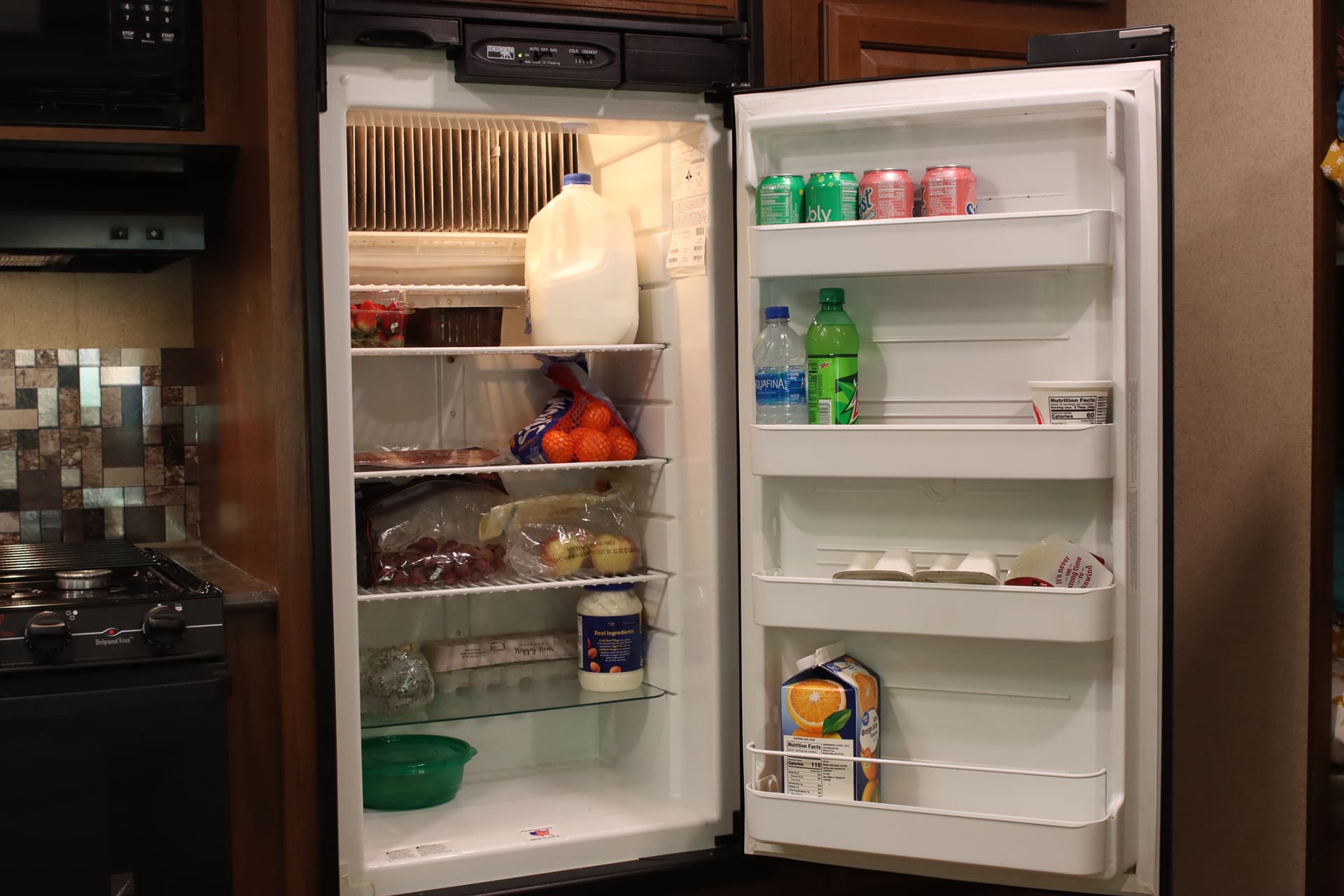
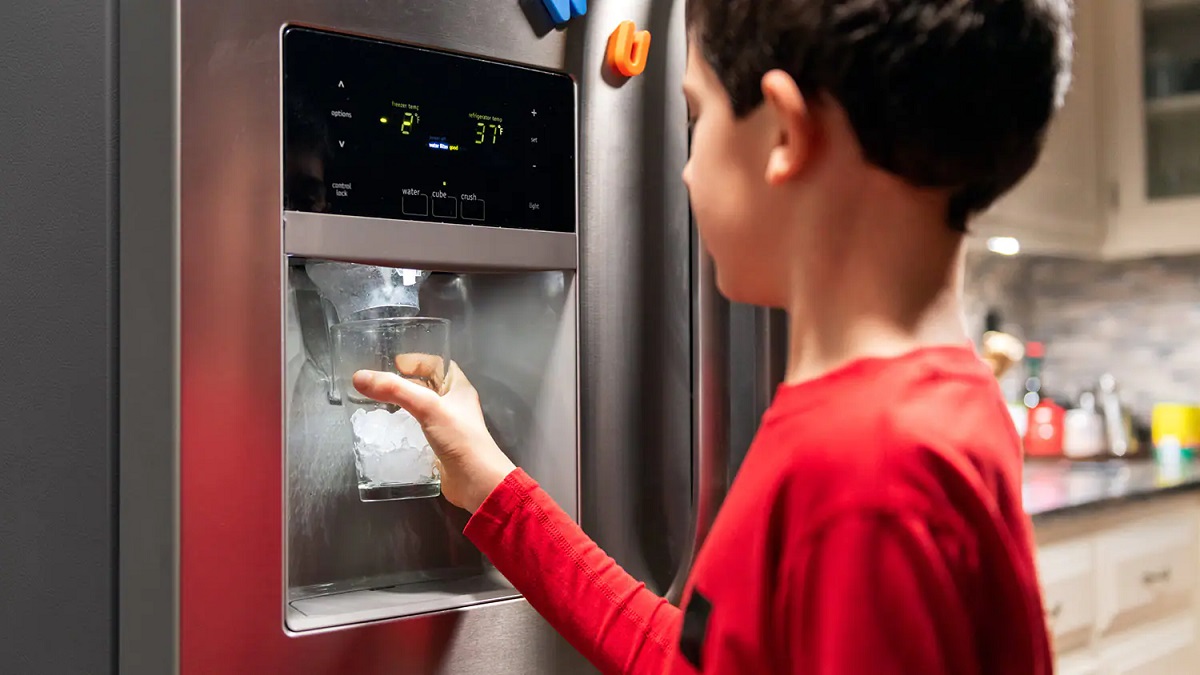
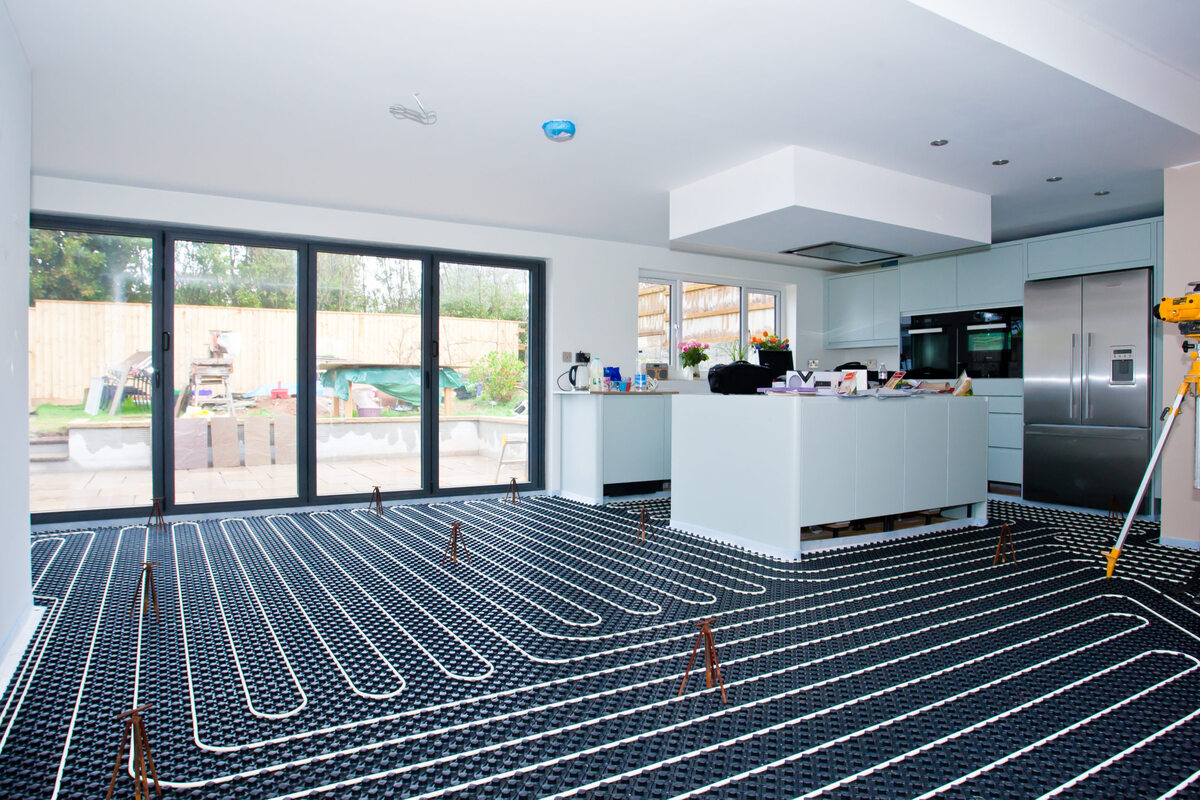
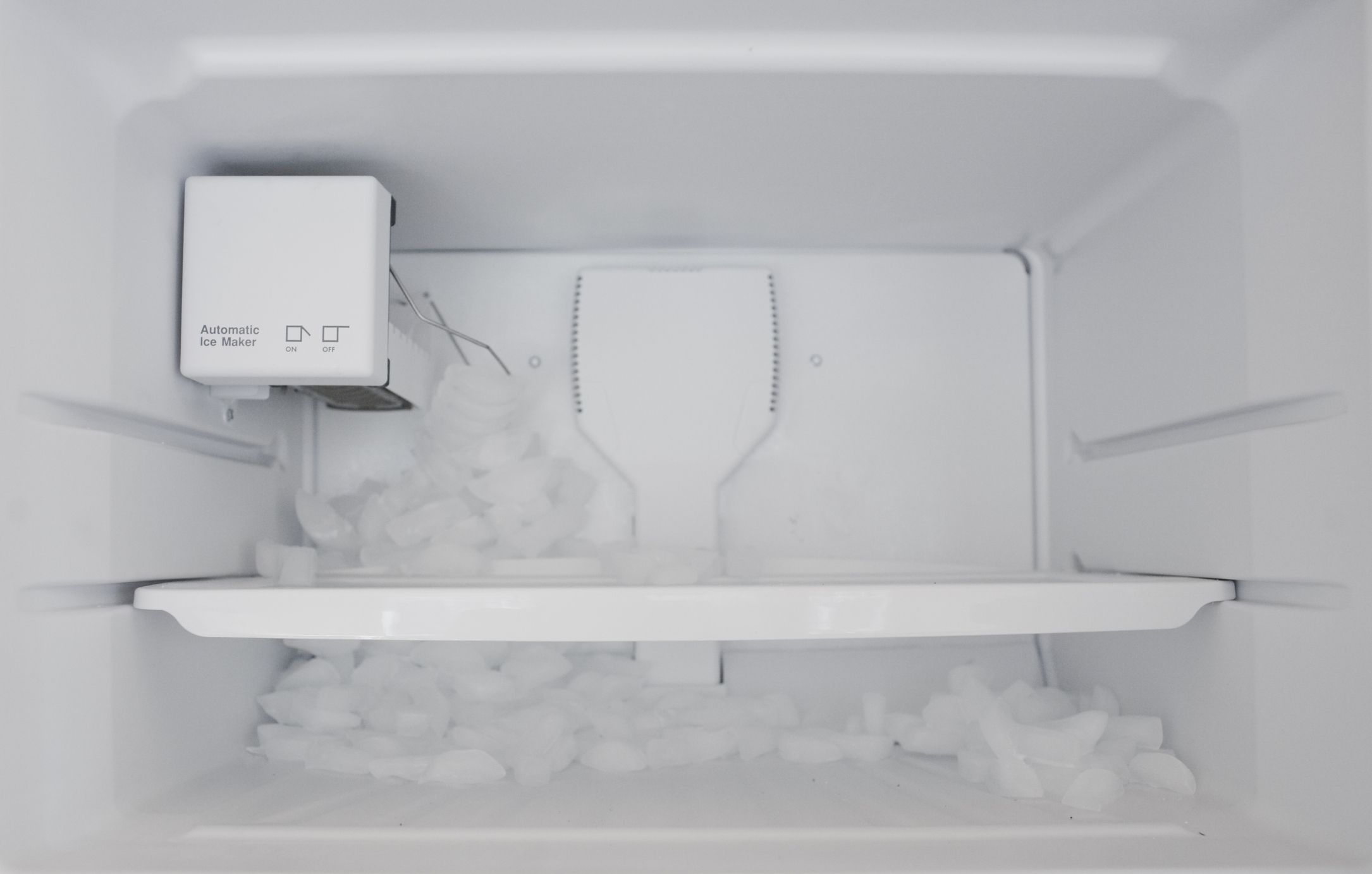
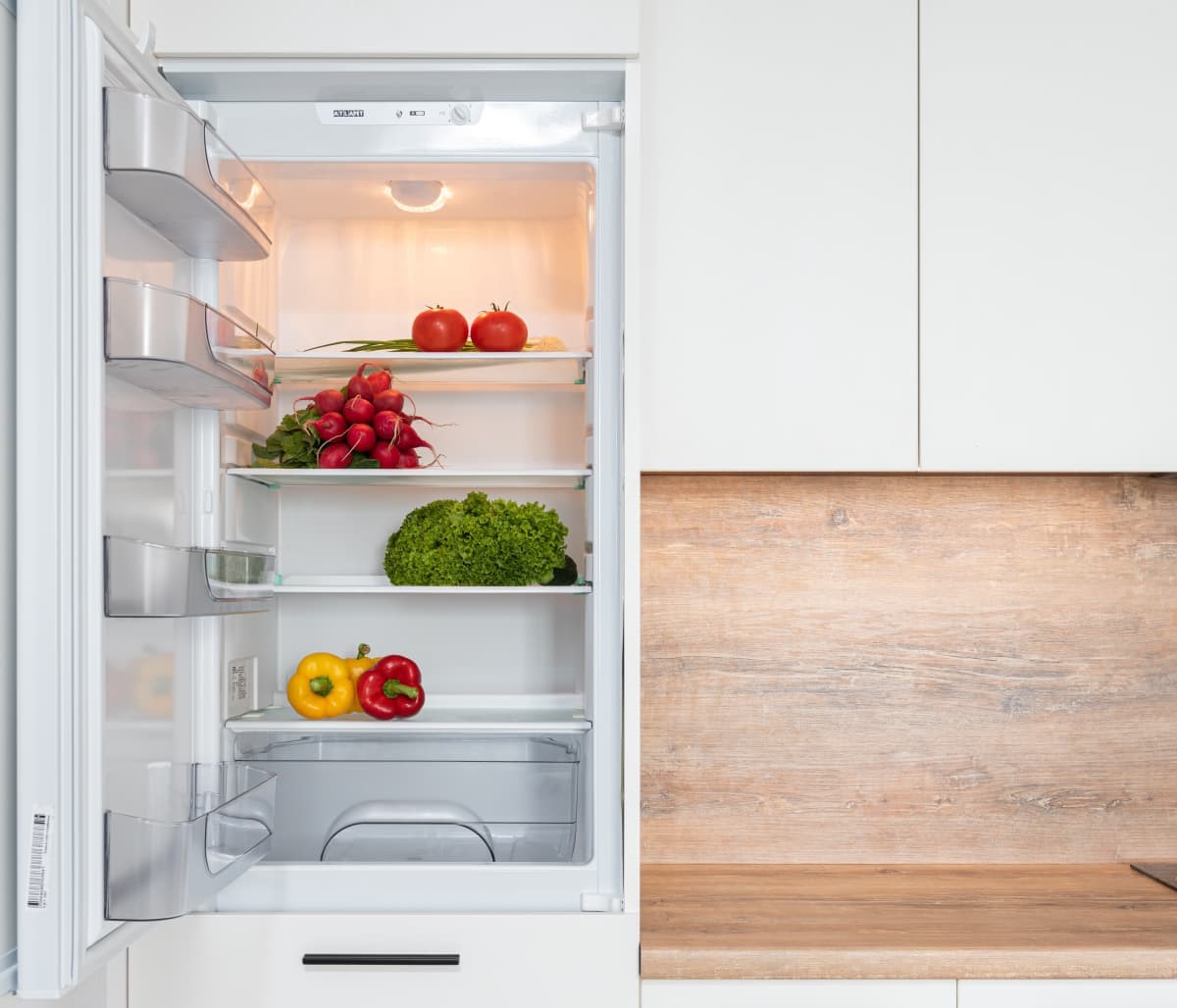

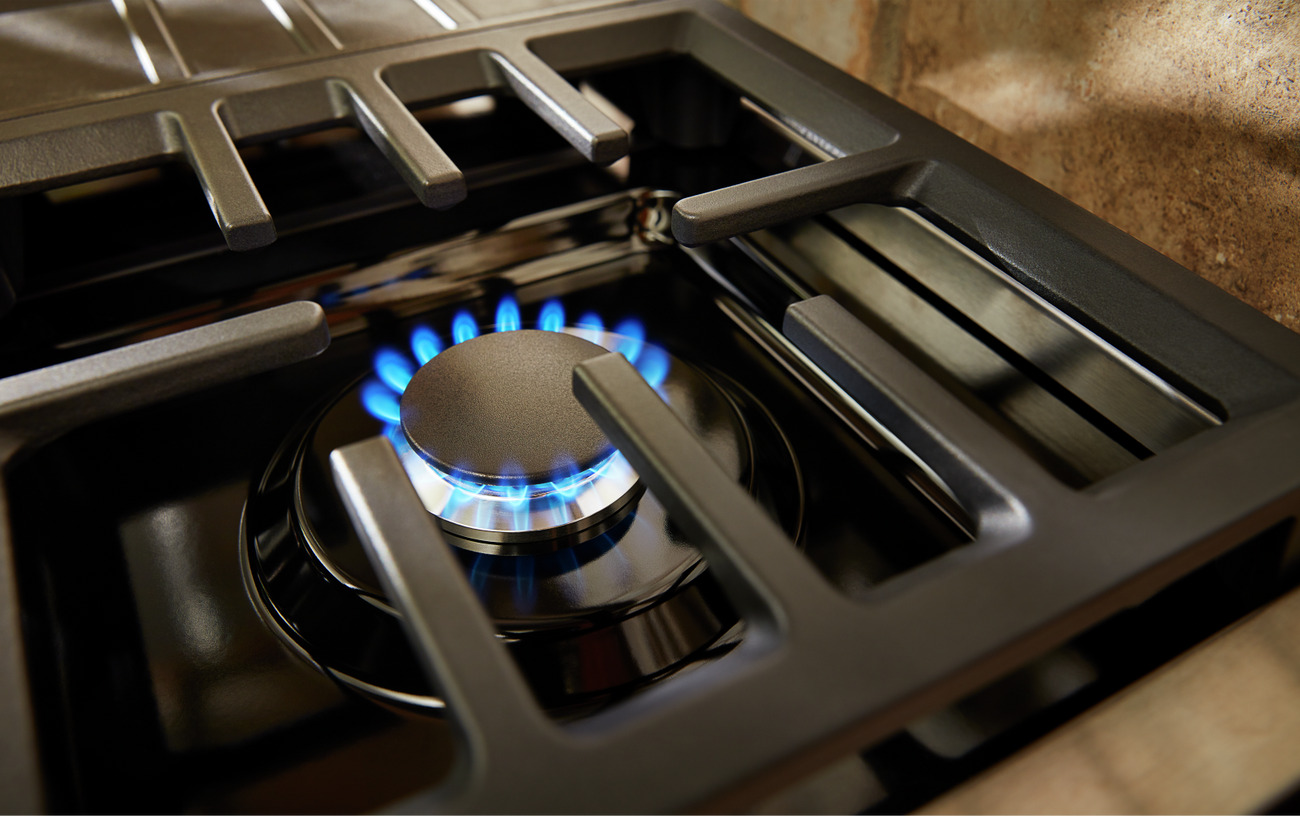
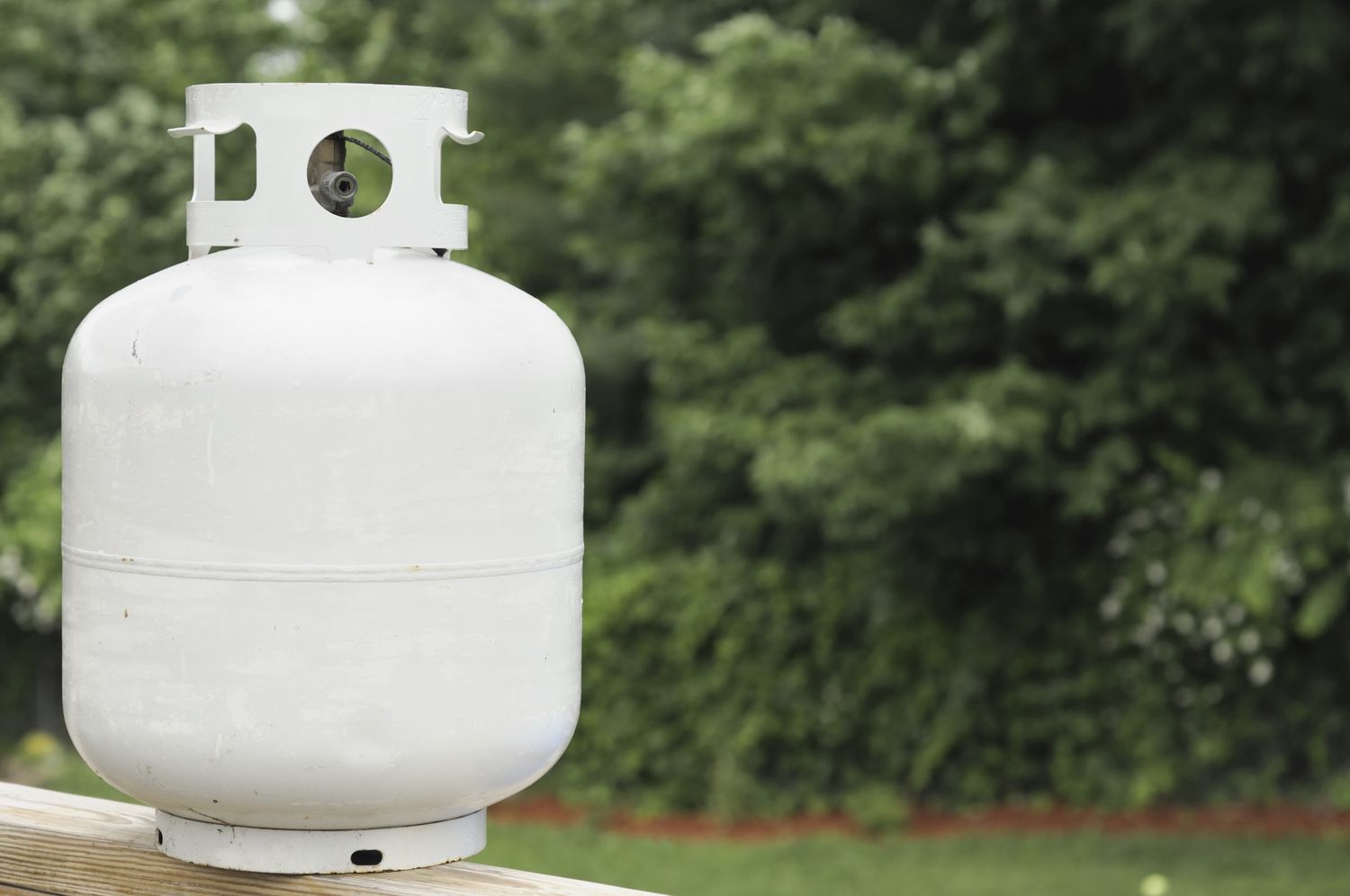
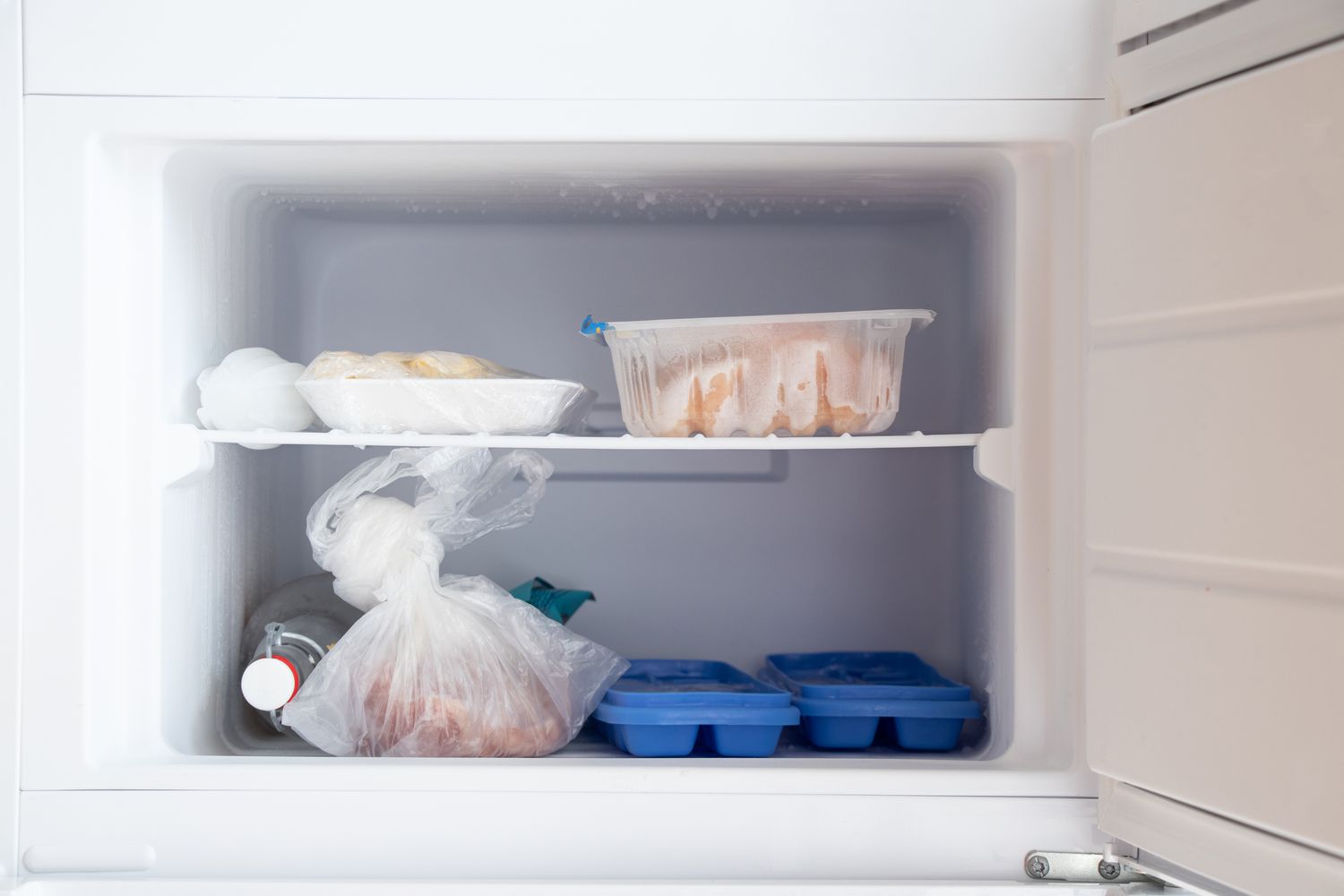


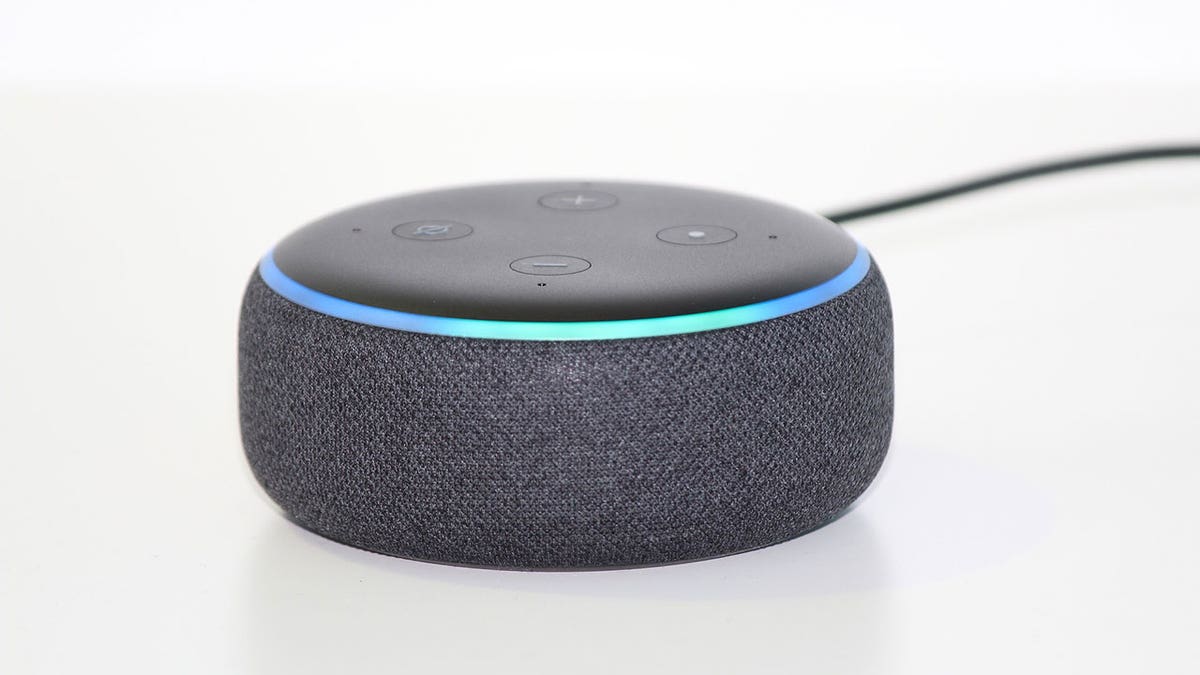
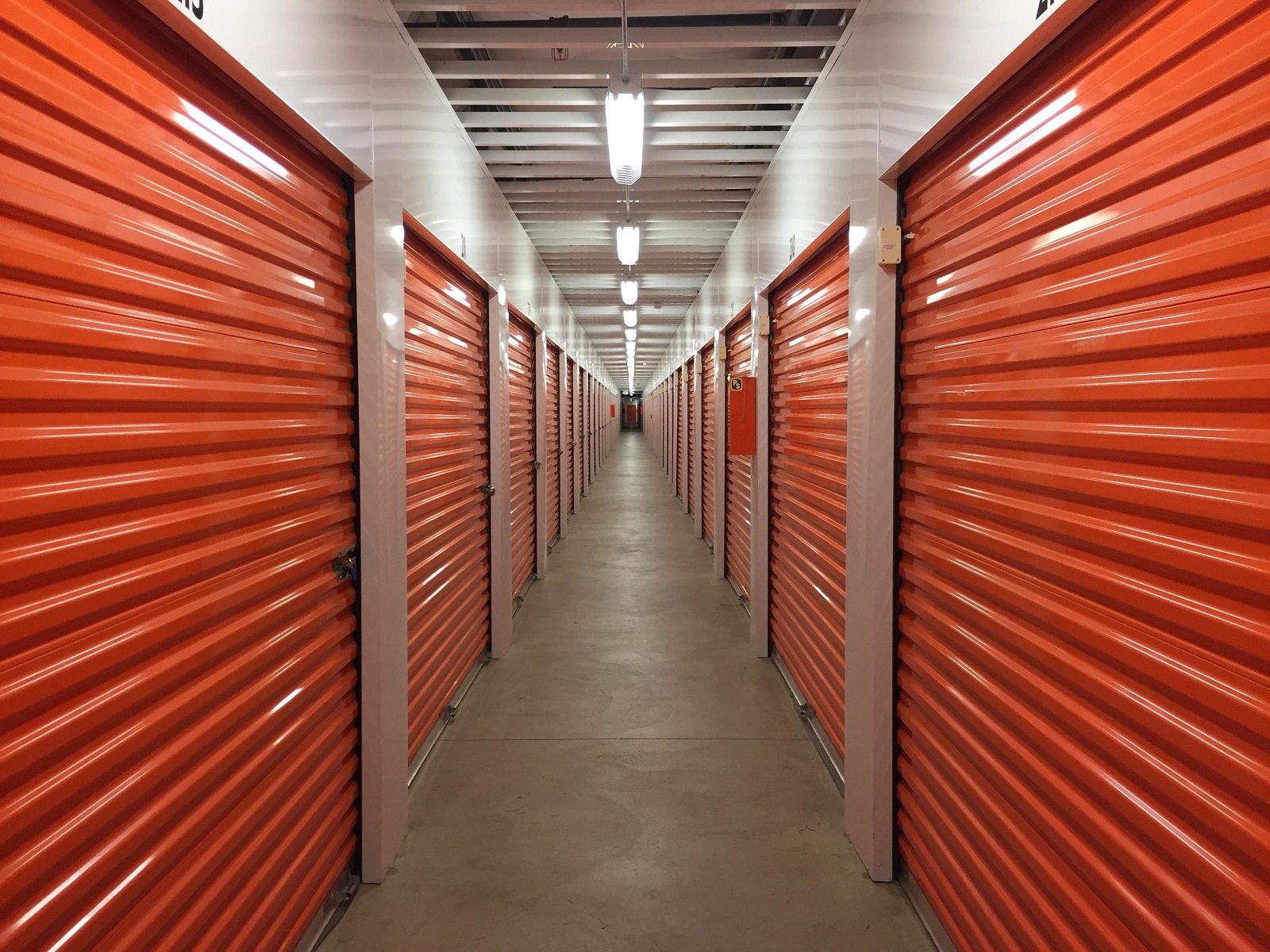


0 thoughts on “How Does Propane Refrigerator Work”